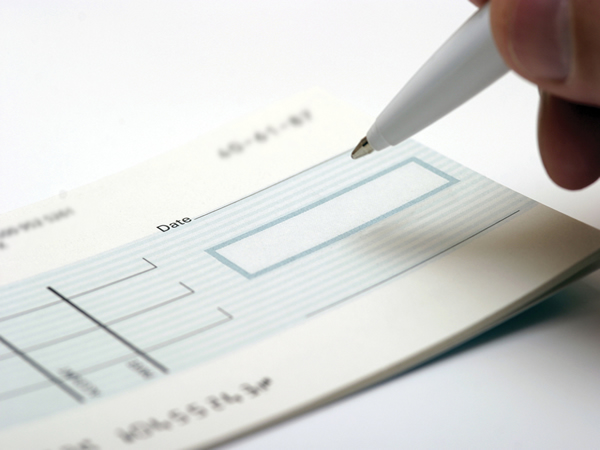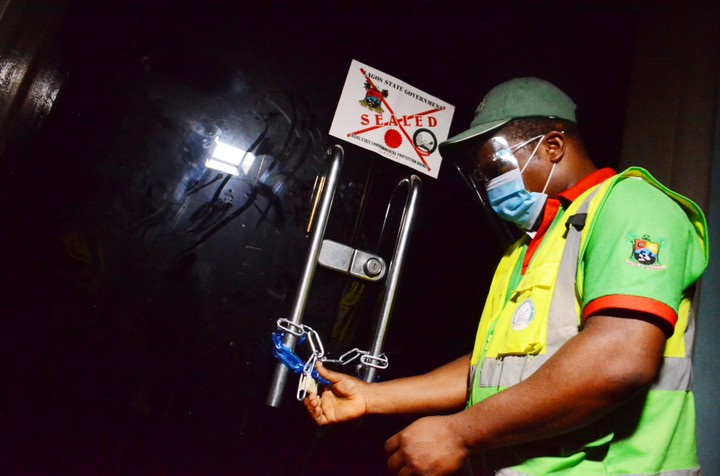Cheque Transactions Fall 5% As BVN-linked Accounts Hit 36m
Transactions carried out through cheques fell by 5.02 per cent in 2018, against 2017 levels, indicating that more customers are embracing other payment alternatives, especially electronic.
Statistics obtained from the Nigerian Interbank Settlement System (NIBSS), showed that in 2017 there were 10,814,991 volume of cheques valued at N5.3 trillion. But in 2018, the volume of cheques dropped to 9,019,239 valued at N5.1 trillion.
Checks showed that the drop represents a 5.02 per cent slash in 2018, when compared with 2017.
Commenting on the drop an industry expert, Razarck Olaegbe, said the plethora of electronic payment options from the banks, Fintech firms and online instant payment platforms have encouraged Nigerians, who desire instant or prompt payment to shun the use of cheques in favour of those instruments.
He however, said cheques would never go out of fashion, adding: “Companies and corporations still depend on cheques as a payment of choice.
“Besides, a cheque is still the only payment instrument that you can give as an instrument for delayed payment, while the receiver would be assured of getting payment at a stipulated date. So, the percentage of cheque may dwindle, but its usage would last forever as an instrument of instant or delayed payment.”
Meanwhile, the NIBSS statistics showed that as at the first six days of 2019, there are now 36, 217,561 Bank Verification Accounts (BVN) in the country. The total bank account in Nigeria is put at 115.1 million, out of which 74.7 million are active. There are 25.2 million current accounts, while 86.8 million are savings.
Point of Sales (PoS) usage in 2018 grew 39.2 per cent. NIBSS statistics also showed that there were 182,806 registered terminals in 2017, of which 155,462 were deployed. But in 2018, there was an increase, as 258,443 terminals were registered, while 217,283 were deployed. Transactions on the deployed terminals showed that as at January, about N152 billion were transacted, and N271.9 billion in December.
Further analysis of the statistics also showed that the volume of transactions carried out by Nigerians, using mobile money rose to N1.22 trillion as at September 2018, from N795.18 billion in 2017.
However, after about five years of operation in Nigeria, mobile money has only been able to attract just one per cent penetration, according to a GSMA report, which analysed the sector in 2018.
Unlike in Ghana, and Kenya, where penetrations have reached 40 per cent and 60 per cent respectively, only about two million of Nigeria’s estimated 198 million populations use mobile money.
Market watchers have argued that the model operated in Nigeria, which is bank-led, has not adequately impacted the initiative in the country, which is currently home to about 21 mobile money operators.
Late last year, the Central Bank of Nigeria (CBN), revealed plans to allow the Mobile Network Operators to play active role in financial inclusion. Operators including MTN, and Airtel have indicated interest in driving inclusion.
The Chairman of the Association of Licensed Telecoms Operators of Nigeria (ALTON), Gbenga Adebayo, told The Guardian that members, which are largely the MNOs, are targeting taking the service to 90 million people across the country.
Furthermore, the NIBSS statistics showed that total web payment channel rose to N183.07 billion in 2018 from N129.24 billion in 2017.
Transactions via the Automated Teller Machine (ATM), also grew from N4.61 trillion in 2017 to N4.76 trillion at the end of the third quarter of 2018.





